Are you thinking about buying a second house? Owning a second home can be exciting, but it’s important to do your research first. In this blog post, we’ll cover 10 important things to consider before buying a second house. From understanding your financial situation to choosing the right location, these tips will help you make an informed decision about purchasing a second home.
Whether you’re looking for a vacation getaway, an investment property, or a future retirement home, it’s crucial to plan ahead and avoid common pitfalls. So, let’s dive in and explore the key factors to keep in mind when buying a second house.
Why Buy A Second House
Buying your second house can be a smart choice for many reasons. First, it can serve as a vacation home. Having a place to escape to during holidays or weekends can provide a much-needed break from daily life. Imagine having a cosy cabin in the mountains or a beach house by the ocean. This can be a great way to create lasting memories with family and friends.
Another reason for buying your second house is investment. Real estate can be a good way to grow your money over time. If you buy a house in a good location, its value may increase. You can rent it out when you are not using it, which can help cover the costs of the mortgage. This means that buying your second house can also help you earn extra income.
Finally, a second house can give you more space. If your family is growing or you need a home office, having an extra house can solve these problems. It can be a place for guests to stay or a quiet spot to work. Buying your second house can help you enjoy life more fully and meet your changing needs.
#1 - Figure Out If Buying A Second House Is A Worthwhile Investment
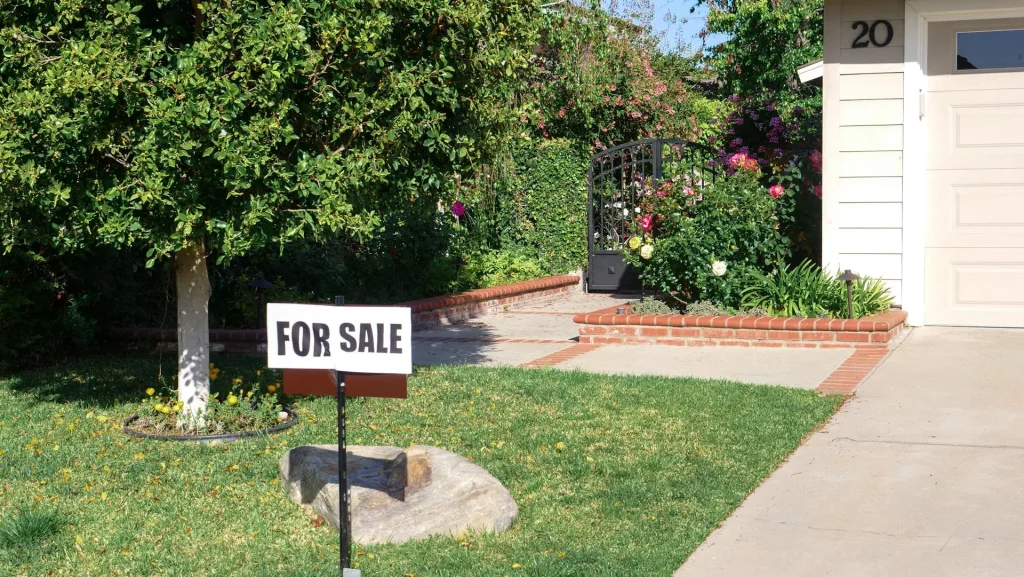
Buying a second house can be a big decision. First, you need to think about the costs involved. This includes the price of the house, taxes, and insurance. You should also consider the money needed for repairs and maintenance. If you plan to rent it out, think about the costs of finding and keeping good tenants. Make sure you have a clear budget to see if you can afford these extra expenses.
Next, think about where you want to buy your second house. The location is very important. A house in a good area can grow in value over time. Look for places that have good schools, parks, and shops. You can also check if the area is popular with renters if you plan to rent it out. Researching the local market can help you understand if buying your second house is a smart choice.
Finally, think about your goals for buying your second house. Are you looking for a vacation home, a rental property, or a place to retire? Each choice has different benefits. If you want to rent it out, think about how much money you can make. If it’s a vacation home, consider how often you will use it. Understanding your goals can help you decide if this investment is right for you.
#2 - Know Your Goals And Motivations For Buying A Second House
When you are thinking about buying your second house, it is important to know what your goals and reasons are for doing this. What is your main purpose for getting another house? Is it to make money by renting it out? Or do you want a vacation home to use yourself? Knowing your reasons will help guide you in the right direction.
If your goal is to make money, then you will want to look for a house that is a good investment. This means it should be in a nice area where people want to live, and it should be priced well. You will also need to think about how much it will cost to fix up the house and how much you can charge for rent. If your goal is to have a vacation home, then you will want to look for a house in a place you love to visit. It should be big enough for your family and friends to stay with you.
No matter what your reasons are for buying your second house, it is important to make sure you can afford it. Look at your budget and make sure you have enough money for the down payment, mortgage payments, taxes, insurance and any repairs the house might need. Buying a second house is a big decision, so make sure you know why you are doing it and that it fits into your financial plan.
#3- Understand The Costs Of Buying A Second House
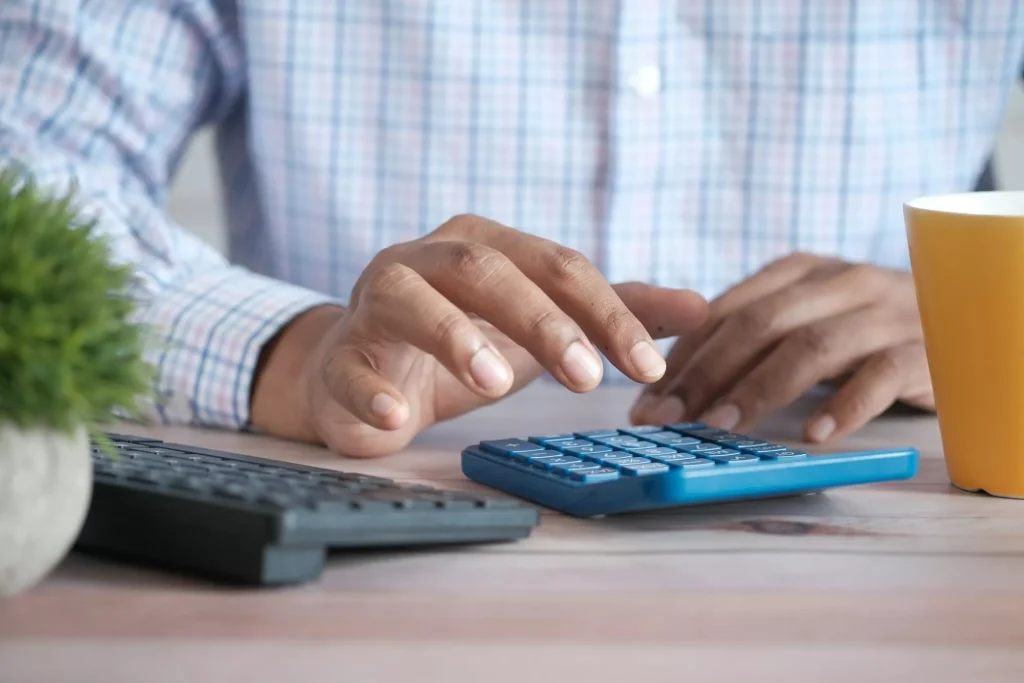
When you are thinking about buying your second house, it is important to understand all the costs involved. There are many expenses beyond just the price of the house itself. You need to be prepared for these extra costs so you can budget properly.
One big cost is the down payment. When you buy a second house, you usually need to put down at least 20% of the home’s value. This can be a lot of money. You also have to pay closing costs, which are fees charged by the lender and other parties involved in the sale. These can add up to 2-5% of the home’s price.
After you buy your second house, there are ongoing costs like mortgage payments, property taxes, insurance, utilities, and maintenance. These can be hundreds or thousands of dollars per month. Make sure you have enough income to comfortably afford all these expenses. Buying your second house is exciting, but it’s important to understand the full financial picture first.
#4 - Think About Your Investment Strategy
When it comes to investing, it’s crucial to have a well-thought-out strategy. Your investment strategy should align with your financial goals, risk tolerance, and time horizon. One important aspect to consider is whether you want to invest in real estate.
Real estate can be a lucrative investment, but it’s not without its risks. If you’re thinking about buying your second house as an investment property, it’s essential to do your research and carefully consider your options. Look at the local market, rental rates, and potential for appreciation. Also, factor in the costs of maintaining and managing the property.
Another key consideration is your overall investment portfolio. Diversification is important to manage risk. Make sure your real estate investments don’t make up too large a portion of your total investments. Consider other asset classes like stocks, bonds, and cash to balance out your portfolio.
#5 - Research The Area And Potential For Future Developments

When buying your second house, it is important to research the area where you want to live. Look at the neighbourhood’s safety, schools, and nearby shops. Check if there are parks or recreational areas for families and children. A good area can make your new home more enjoyable and increase its value over time.
Next, think about the potential for future developments in the area. This means looking for plans for new buildings, roads, or businesses. If a new shopping centre or school is planned, it can make the area more attractive. This can lead to more people wanting to move there, which can raise home prices. Knowing about these plans can help you decide if buying your second house is a smart choice.
Finally, look at the local real estate market trends. Check if home prices are going up or down. You can find this information online or by talking to local real estate agents. Understanding these trends can help you make a better decision when buying your second house. If prices are expected to rise, it might be a great time to buy before they go even higher.
#6 - Get a Property Report
When you are looking to buy a house, it is very important to get a property report. A property report gives you all the details about the house you want to buy. It tells you things like how big the house is, how many rooms it has, and what condition it is in. This helps you decide if the house is right for you.
If you already own a house and want to buy another one, a property report is still very important. Buying your second house is a big decision. You need to make sure the new house is a good fit for you and your family. A property report helps you compare the new house to your current house. It shows you if the new house has more space or different features that you want.
Getting a property report is easy. You can find companies online that provide property reports. They will look up all the details about the house and put it into a report for you. The report will have photos of the house and a map showing where it is located. Having this information helps you feel confident when you are buying a house, whether it is your first house or your second house.
#7 - Know Your Borrowing Power Before Buying A Second House

When you think about buying your second house, it is very important to know how much money you can borrow. Your borrowing power is the amount of money a bank or lender is willing to give you. This amount depends on several factors, including your income, credit score, and current debts. Before you start looking for a new home, take the time to check your finances. This will help you understand what you can afford and avoid surprises later.
To find out your borrowing power, you can start by getting pre-approved for a mortgage. This process involves providing your financial information to a lender. They will review your income, expenses, and credit history. Once they have this information, they can tell you how much you can borrow. Knowing this number is crucial when buying your second house because it helps you set a budget and focus on homes within your price range.
It is also wise to consider your current financial situation. If you already own a home, think about how much equity you have built up. This equity can be used as a down payment for your second house, which may increase your borrowing power. Additionally, keep in mind any other debts you have, as they can affect how much you can borrow. By understanding your borrowing power, you can make smarter choices when buying your second house and feel more confident in your decisions.
#8 - Calculate How Much Deposit You Can Put Down
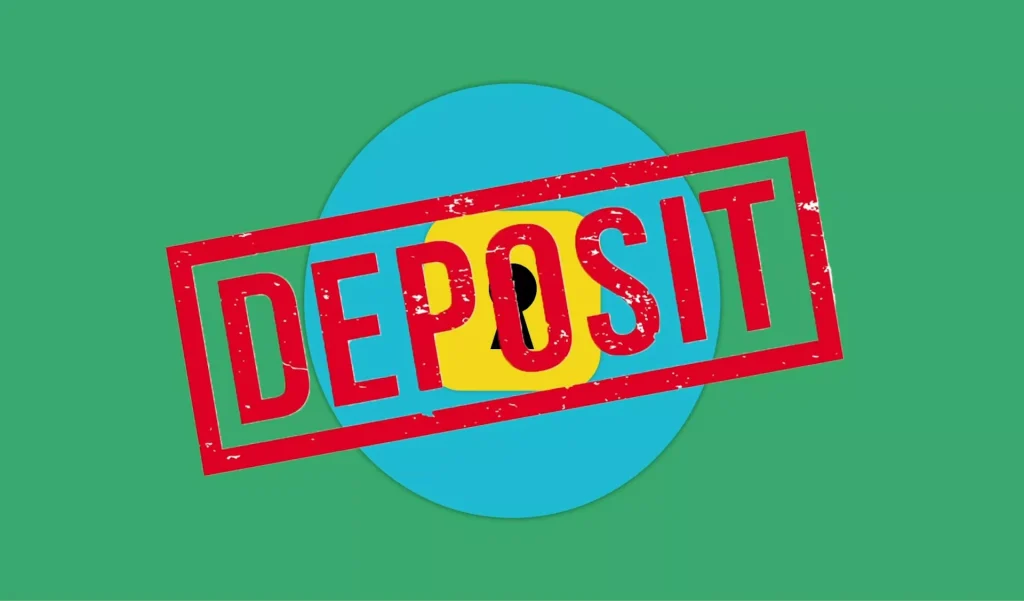
When buying your second house, one of the most important things to consider is how much deposit you can afford to put down. The size of your deposit can have a big impact on your mortgage payments and the overall cost of your home.
To calculate how much deposit you can put down, start by looking at your savings and investments. How much money do you have set aside for a down payment? Keep in mind that you’ll also need to factor in closing costs and other expenses related to buying your second house. Once you have a good idea of how much you can afford to put down, you can start shopping for a mortgage.
When choosing a mortgage, be sure to compare interest rates and terms from multiple lenders. The size of your deposit can also affect the type of mortgage you qualify for. For example, if you have a large down payment, you may be able to get a better interest rate or a shorter loan term. On the other hand, if you have a smaller down payment, you may need to consider a different type of mortgage, such as an FHA loan or a VA loan.
#9 - Figure Out What Kind Of Second Home Loan Is Right For You
When buying your second house, it is important to know the different types of loans available. A second home loan can help you purchase a vacation home, a rental property, or even a place for family. The most common types of loans are conventional loans, FHA loans, and VA loans. Each type has its own rules and benefits, so it’s good to learn about them before deciding.
Conventional loans are popular for second homes because they often have lower interest rates. However, they usually require a larger down payment, often around 20%. FHA loans are another option, which may allow you to put down as little as 3.5%. This can be helpful if you want to keep more cash on hand. VA loans are available for veterans and active-duty service members, offering great terms with no down payment required. Knowing these options can help you choose the right loan for your needs.
Another important factor to consider is your financial situation. Lenders will look at your credit score, income, and debt-to-income ratio when you apply for a loan. If you have a good credit score and stable income, you may qualify for better rates. It’s also wise to think about how you plan to use the second home. Will it be a place for vacations, or do you plan to rent it out? Understanding your goals can help you pick the best loan for buying your second house.
#10 - Talk to Mortgage Broker Before Making A Final Decision About Buying A Second House
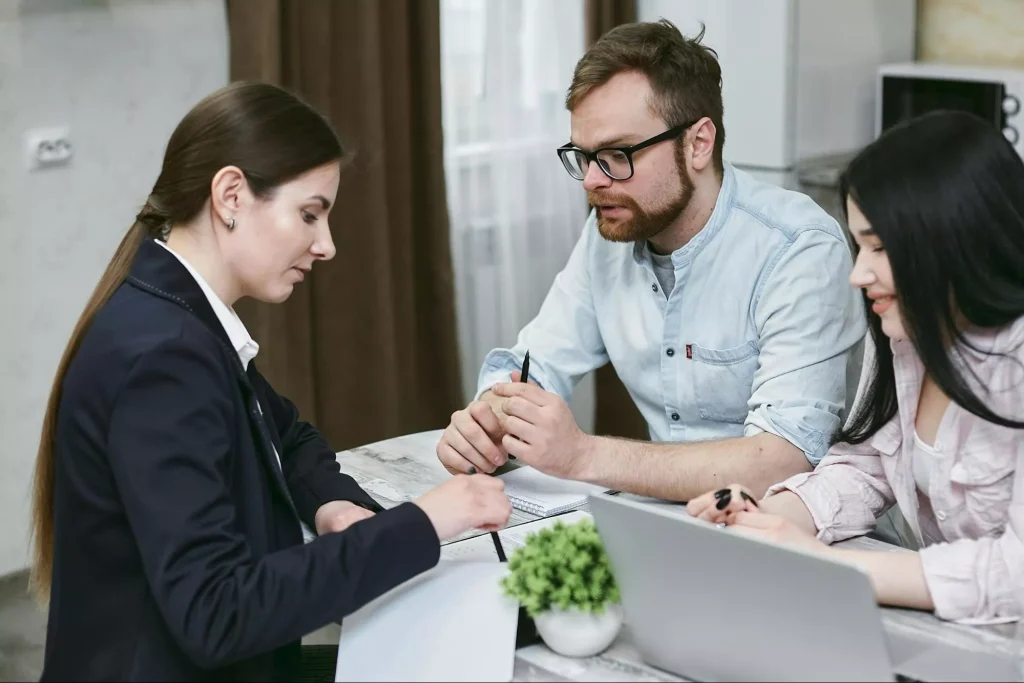
When you are thinking about buying your second house, it is important to talk to a mortgage broker first. A mortgage broker is a person who helps you find the best loan for your needs. They know a lot about different lenders and can help you compare rates and terms. This can save you time and money. Instead of going to many banks, the broker does the work for you. They can explain your options clearly, making it easier to understand what you can afford.
Talking to a mortgage broker can also give you expert advice on your financial situation. They can look at your income, debts, and credit score to help you see how much you can borrow. This is very important when buying your second house because you want to make sure you are not stretching your budget too thin. The broker can help you find a loan that fits your financial goals and lifestyle. They can also help you understand any costs that come with buying a second home, such as closing costs and insurance.
Finally, a mortgage broker can help you plan for the future. If you are buying your second house as an investment, they can provide insights on rental income and property value trends. This information can help you make a smart decision. By working with a broker, you can feel more confident about your choice. They can guide you through the process and make sure you are making a wise investment when buying your second house.
How Will You Manage Your Investment Property?
When buying your second house as an investment property, you have a few options for managing it. You can manage it yourself, hire a property manager, or use a combination of both.
Managing the property yourself gives you more control over the process, from screening tenants to handling day-to-day tasks. However, it also means dealing with tenants and repairs directly, which can be time-consuming. Hiring a property manager takes the burden off your shoulders, but you’ll have to pay a monthly fee of around 8% of the rent.
Talking to an expert broker like Freshwater Financial Services can help you decide which option is best for your situation. They can provide guidance on the pros and cons of each approach and help you find the right financing for buying your second house. With their expertise, you can make an informed decision and set your investment property up for success.
Do You Have To Sell Your First Property Before Buying A Second House?
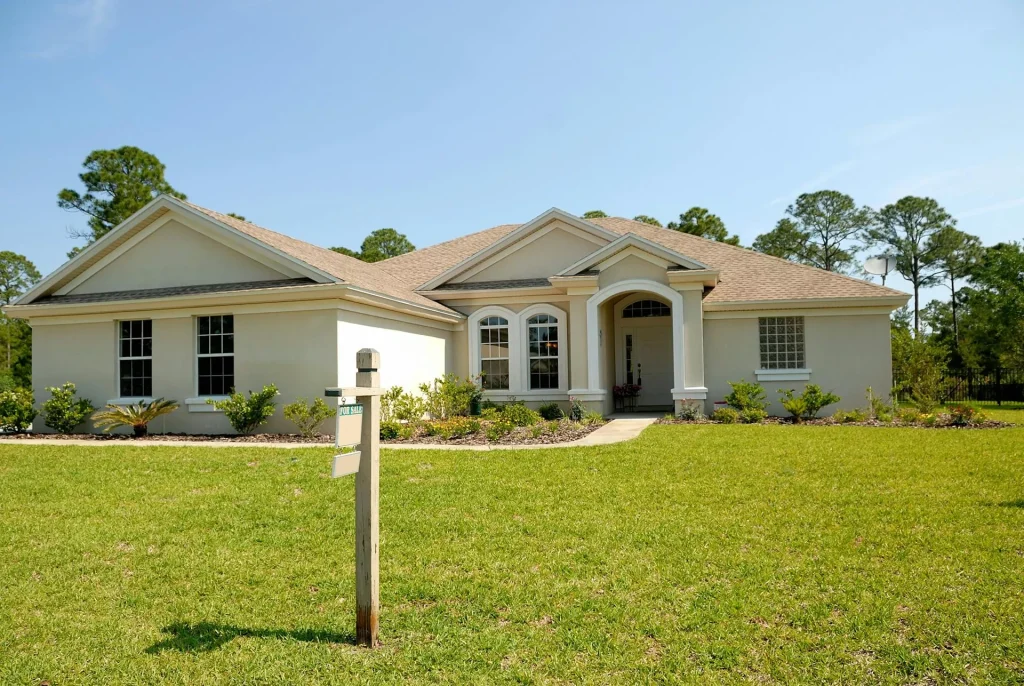
When you want to buy a second house, you might wonder if you need to sell your first property first. The answer is not always clear-cut. Many people choose to sell their first home before buying their second house because it helps them avoid extra costs. Selling first gives you cash from the sale, which can be used as a down payment on the new home. This can make buying your second house easier and less stressful.
However, selling your first property is not the only option. Some buyers decide to keep their first home and rent it out. This can be a smart choice if the property is in a good area and can generate income. By keeping the first home, you can build equity over time while also enjoying your new house. This way, you can have two properties instead of just one, which can be a good investment for the future.
Another option is to buy your second house before selling your first one. This can be tricky because you need to manage two mortgages at the same time. If you can afford it, this route allows you to move into your new home without feeling rushed to sell your first property. However, it’s important to consider your finances carefully. Make sure you have a plan for how to handle both homes during the transition.
How Do You Buy A Second Property With No Deposit?
To buy your second house without a deposit, you can explore various options that leverage your existing property. One effective method is using the equity you’ve built up in your first home. If your property has increased in value or you have paid off a portion of your mortgage, you can use this equity as a deposit for your new property. This approach allows you to avoid the need for a cash deposit while still securing financing for your second investment. Another option is a line of credit home loan, which lets you borrow against the equity in your home without needing to reapply for a loan every time you need funds.
Working with an expert broker, like those at Freshwater Financial Services, can greatly simplify the process of buying your second house. Brokers have in-depth knowledge of the market and can help you identify the best financing options available. They can guide you through the complexities of equity release and help you understand how to maximise your borrowing power. With their expertise, you can navigate the financial landscape more effectively, making informed decisions that align with your investment goals.
Additionally, an expert broker can assist in finding properties that fit your budget and investment strategy. They can provide valuable insights into the property market, helping you locate undervalued properties that may not be on the radar of other buyers. This can be crucial for securing a good deal on your second property. By collaborating with a knowledgeable broker, you increase your chances of successfully buying your second house with no deposit while minimising risks and maximising your investment potential.
Conclusion
There are many important things to consider before buying a second house. It’s crucial to evaluate your finances, research the market, and plan for the extra costs and responsibilities. By taking the time to prepare, you can make the process of buying your second house smoother and more successful. Remember to work with experienced professionals, such as real estate agents and financial advisors, to guide you through each step. With careful planning and smart decision-making, you can enjoy the benefits of owning multiple properties.
FAQ's
Refinancing your first home can give you access to the equity you’ve built up. This equity can be used as a down payment when buying a second house. By tapping into your home’s equity through refinancing, you can have the funds needed to purchase an additional property.
Before buying a second home, consider factors such as your current financial situation, the purpose of the second property, location, rental potential, maintenance costs, and long-term investment goals.
The amount of equity needed to buy a second home can vary depending on the lender and your financial situation. Generally, having at least 20% equity in your current home is recommended.
Yes, you can use the equity in your current home to buy a second property. This can be done through a home equity loan or a cash-out refinance.
Lenders mortgage insurance is a type of insurance that protects the lender in case the borrower defaults on the loan. It is usually required if you have less than a 20% deposit for your second home purchase.
Equity can be used as a deposit for your second home purchase or to reduce the amount of mortgage needed. It is the difference between the market value of your property and the amount you owe on your current home loan.
There are tax implications to consider when buying a second home for investment purposes. It is advisable to consult with a tax advisor to understand the tax deductions and obligations related to owning a second property.
You have the option to manage the property yourself or hire a property management company to handle the day-to-day operations, such as tenant screening, rent collection, and maintenance issues.
You can use a mortgage calculator to estimate monthly mortgage repayments, assess different loan terms, and determine how much deposit you need to buy a second home based on your financial information.
Get in touch if you need a construction loan.
Hit the button below to arrange a conversation with one of my loan specialists to find a deal that’s best for your situation.
We partner with over 50 lenders so you can find the perfect solution

Share on: